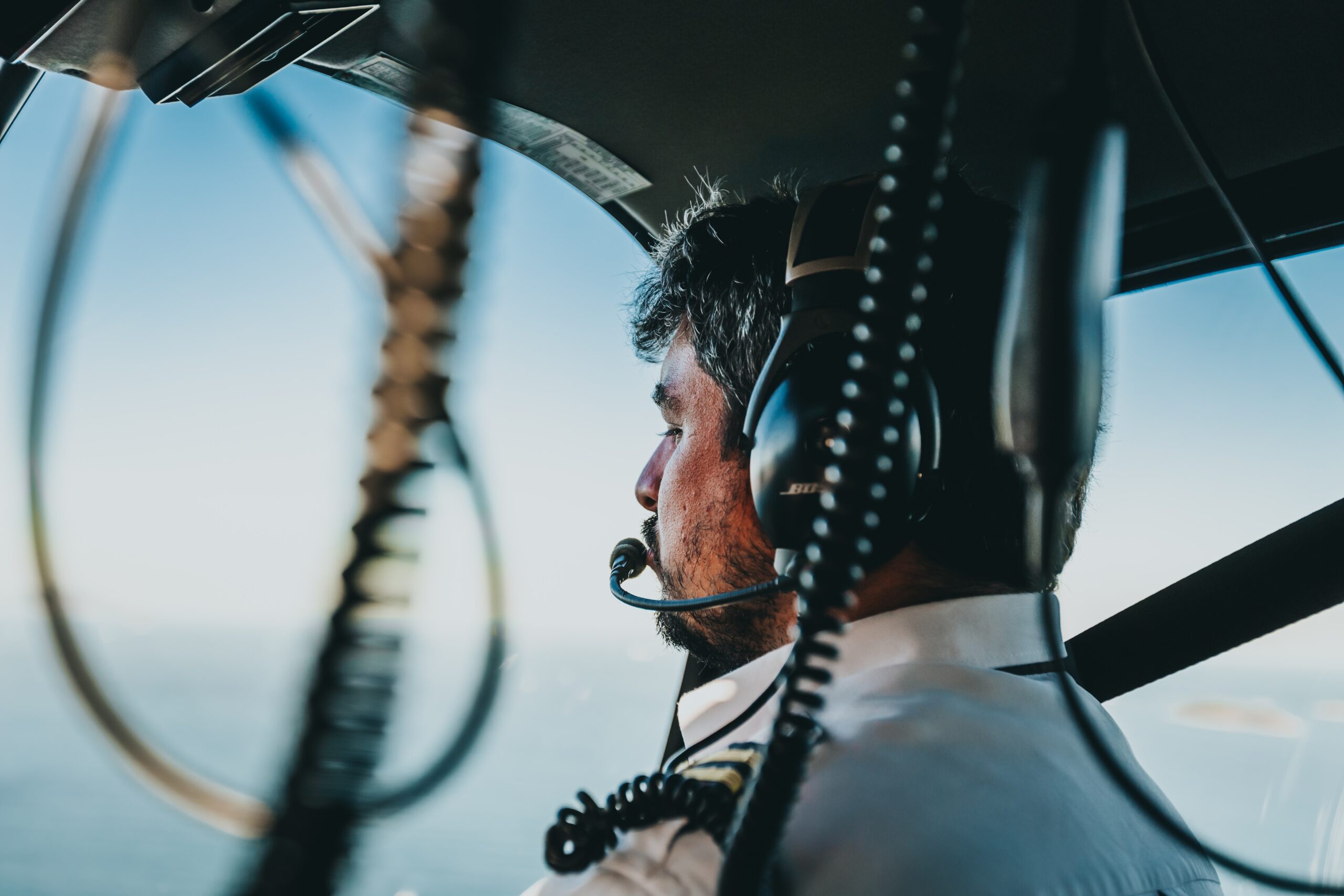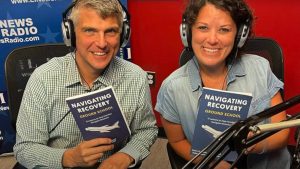
Airline pilots, just like everyone else, need a safe space to ask questions about recovery. Because of their profession, it’s not always easy. However, there should be a special coaching for airline pilots. The current framework of the Federal Aviation Administration makes it difficult for pilots to seek help, since pilots know that if they go to a psychologist or psychiatrist that they will have to disclose that information. Because of the way the organization works, what’s said in confidence to a doctor could be demanded by the FAA.
Questions and concerns will come up over the course of anyone’s life. Pilots sometimes need assistance to understand their feelings and if they need additional support.
Disclosure
I’ve had a career as an airline pilot and I now work in mental health. Since I’m not a licensed therapist, pilots who speak to me about potential problems do not need to disclose our conversations to the FAA. I’ve been through the full gauntlet of speaking to the FAA about my addiction, so I understand how difficult that process can be.
When I was flying, I sometimes longed to speak to someone confidentially about problems that I was having. I kept those problems to myself out of fear of what talking to a doctor could do about my career. Today, though, I answer many calls from pilots, and I’ve helped many pilots look at stress, relationships, and concerns about alcohol use or abuse. Most pilots just want to ask a trained professional a few questions about managing their emotions such as “Is this normal?” or “How do I navigate this situation?” Sometimes just a few sessions of talking about a particular issue with someone who has experienced it can be extremely useful.
Coming Forward
I can also help pilots evaluate drinking and drug use. Pilots know that coming forward to a doctor with these concerns can cause a cascade of unpleasant events. In some cases an evaluation, before seeking medical attention, can be helpful. One might ask, “Is this problem drinking, or is this a normal level of drinking?” Unfortunately, there’s no way to speak to a therapist or doctor without triggering a mandatory disclosure to the FAA.
Working with Pilots
When I work with pilots, we can openly discuss what the right course of action may be. Some pilots do need to enter the HIMS Program, an occupational substance abuse treatment program, and others just need help determining if they have a problem and how severe that problem is. By talking to someone that has been through the process before and works in addiction today, pilots can gain insight into their situation and get help making a plan moving forward.
When I was struggling, I decided to go it alone and it was a much harder way to go. Today, I’m here to listen to pilots and help them figure out what is right for them. Despite the restrictions of the system, I advocate for pilots to get help, ask questions, and seek answers.
About Adam Banks
Adam Banks is a certified interventionist and the owner of Adam Banks Recovery. After receiving an MBA from the University of Chicago, Adam built a company acquired by United Health Care. His discipline and attention to detail comes from his former career as an airline pilot, holding an ATP, the FAA’s highest license.
Today, Adam is dedicated to helping others achieve long-term sobriety. His work has guided executives, pilots, and physicians on paths to recovery. Adam brings families together through a loving and inclusive approach.
Adam has authored four books on addiction. His recent work, Navigating Recovery Ground School: 12 Lessons to Help Families Navigate Recovery, educates families on the entire intervention process. He also offers a free video course for families considering an intervention for a loved one.
Adam is available for alcohol and drug intervention services in New York, Long Island, the Hamptons as well as nationally and internationally.




